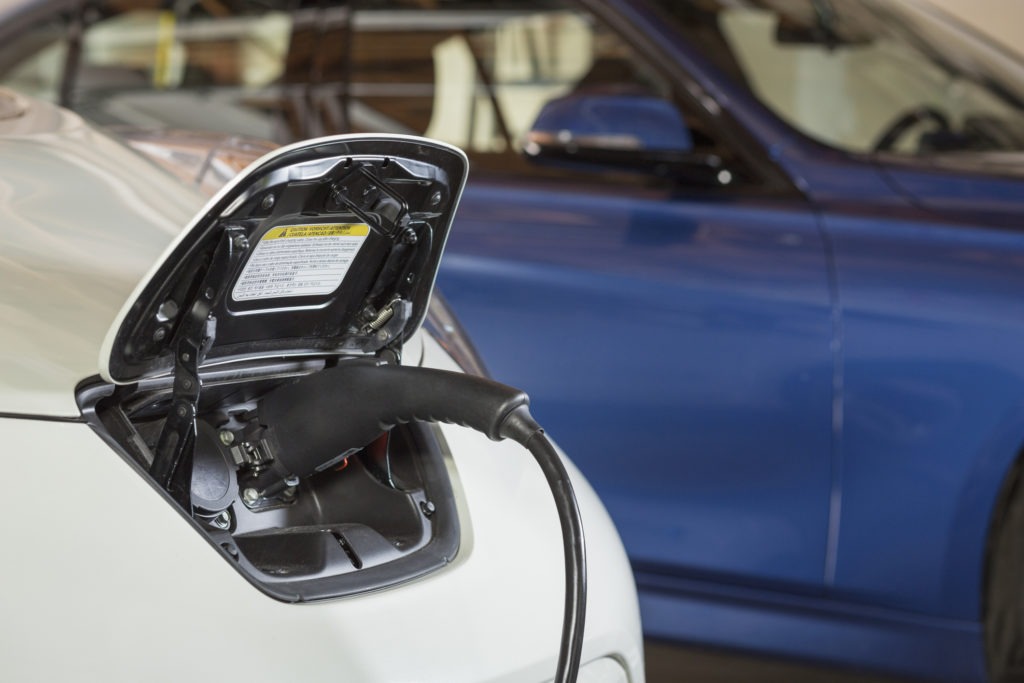Nissan to bring more EVs and autonomous vehicles to market by 2022
04 April 2018

4 April 2018
Nissan has pledged to maintain its leadership in electric vehicles as the Japanese manufacturer pledged to launch eight new EVs and hit annual sales of 1 million electrified vehicles by 2022.
The company also stated that it would be 20 models with autonomous driving technology to market and reach 100% connectivity in all new models, as part of its M.O.V.E to 2020 plan, initially announced in autumn.
The manufacturer was one of the first to bring a mass-market electric vehicle (EV) to showrooms when it launched its Leaf model, and last year unveiled the second generation. As other manufacturers look to jump on the electrification bandwagon – many doing so to offset carbon emissions and their rise due to the fall of the diesel market – the Japanese company is keen to ensure it retains its place as a leader in EVs.
Announcing the plan, Philippe Klein, Nissan’s chief planning officer, said: ′Our product and technology strategy is dedicated to positioning Nissan to lead the automotive, technology and business evolution. Our efforts are focused on delivering Nissan Intelligent Mobility, encompassing the three core elements of electrification, autonomous drive, connectivity and new mobility services.’
Nissan expects that electrified vehicles will make up 40% of the company’s sales in Japan and Europe by 2022 and 50% by 2025. Also, the Infiniti brand will also increase its electrification range, with new models being either pure electric vehicles or utilising hybrid technology from 2021. By 2025, Infiniti expects electrified vehicles to comprise 50% of its global sales.
As part of its strategy for autonomous driving systems, Nissan announced plans to deploy ProPILOT technology, already featured in the new Leaf, in 20 models in 20 markets by 2022. The company expects to sell 1 million ProPILOT-equipped vehicles a year by 2022.
This will be followed by enhancing ProPILOT to automate multilane driving on highways and managing vehicle destinations. The enhanced capability will be introduced in Japan as a pilot project within one year.
Senior vice presidents Takao Asami said, ′Based on Nissan’s history of providing world-first safety technologies, we continue to evolve autonomous technology towards hands-free, eyes-off convenience in all environments. Already we have more vehicles on the road with semi-autonomous capabilities than any other automaker, and we continue to learn from this experience to bring benefits to customers.’
In addition, the manufacturer’s Alliance Connected Cloud provides a foundation to enable the expansion of connected and mobility services for Nissan, including robo-vehicle ride-hailing services. Nissan tested its first robo-vehicle ride-hailing service called ′Easy Ride’ with partner DeNA earlier in March. By the early 2020s, Nissan aims to provide commercial services directly to customers.
′The Alliance Connected Cloud will allow for all of the Alliance companies to integrate the data management of future, current and past connected vehicles – new models and those already on the road,’ said senior vice president Ogi Redzic. ′It will support infotainment services, as well as a single communication mechanism to facilitate updates over the air for all vehicles.’